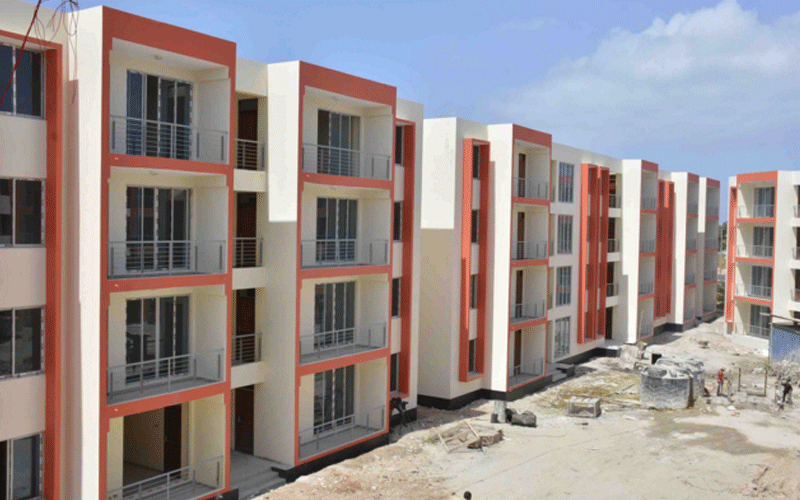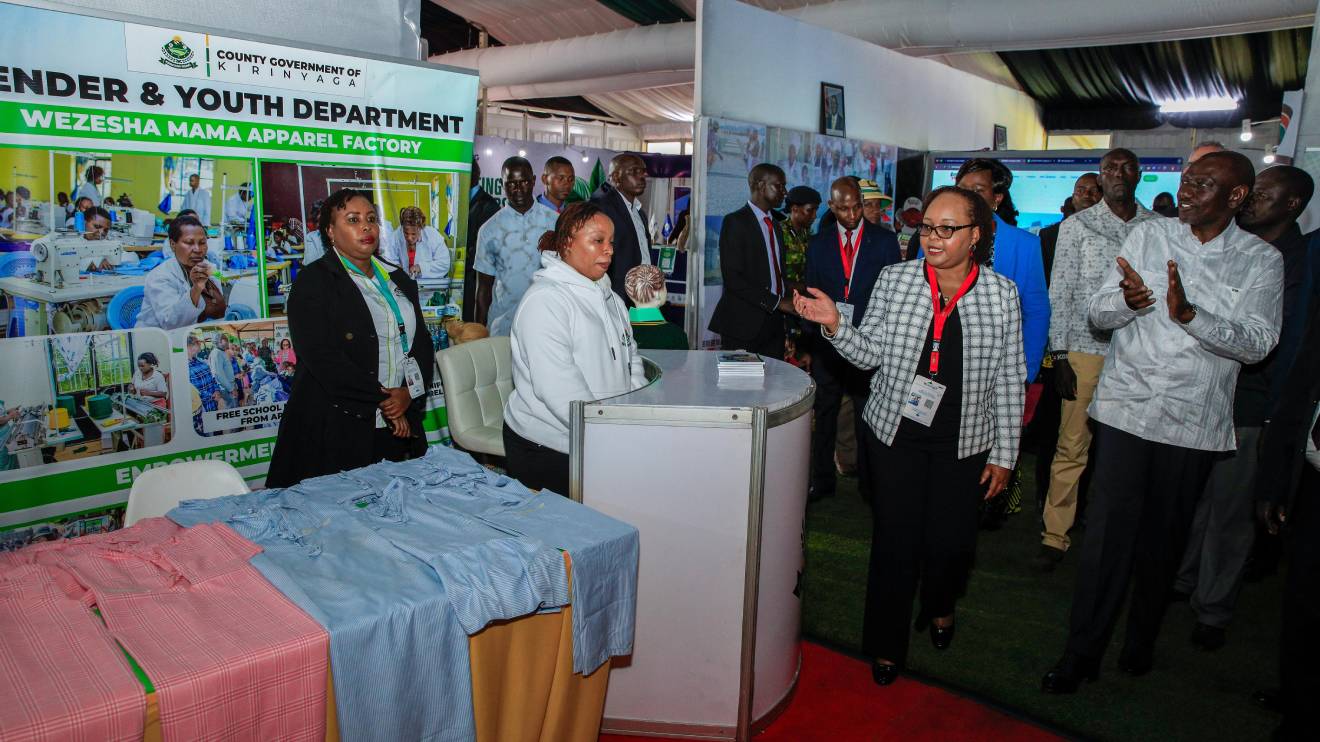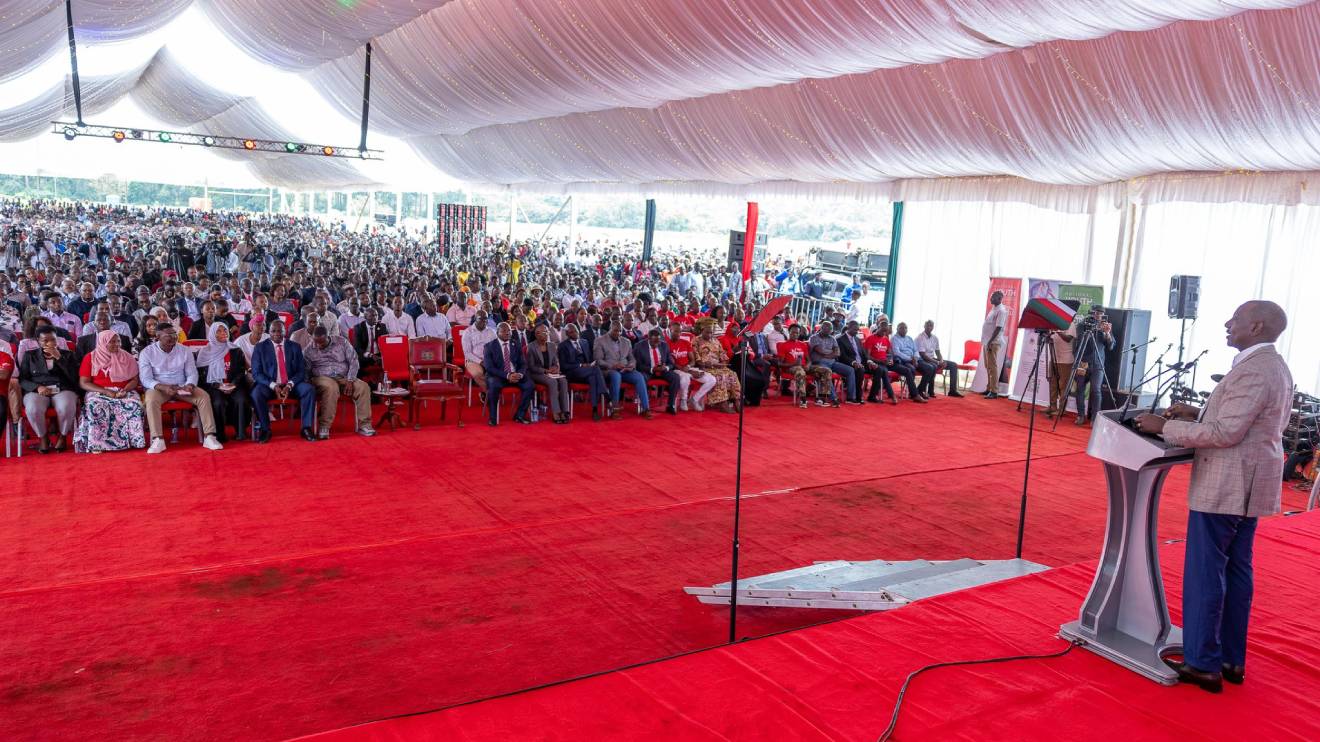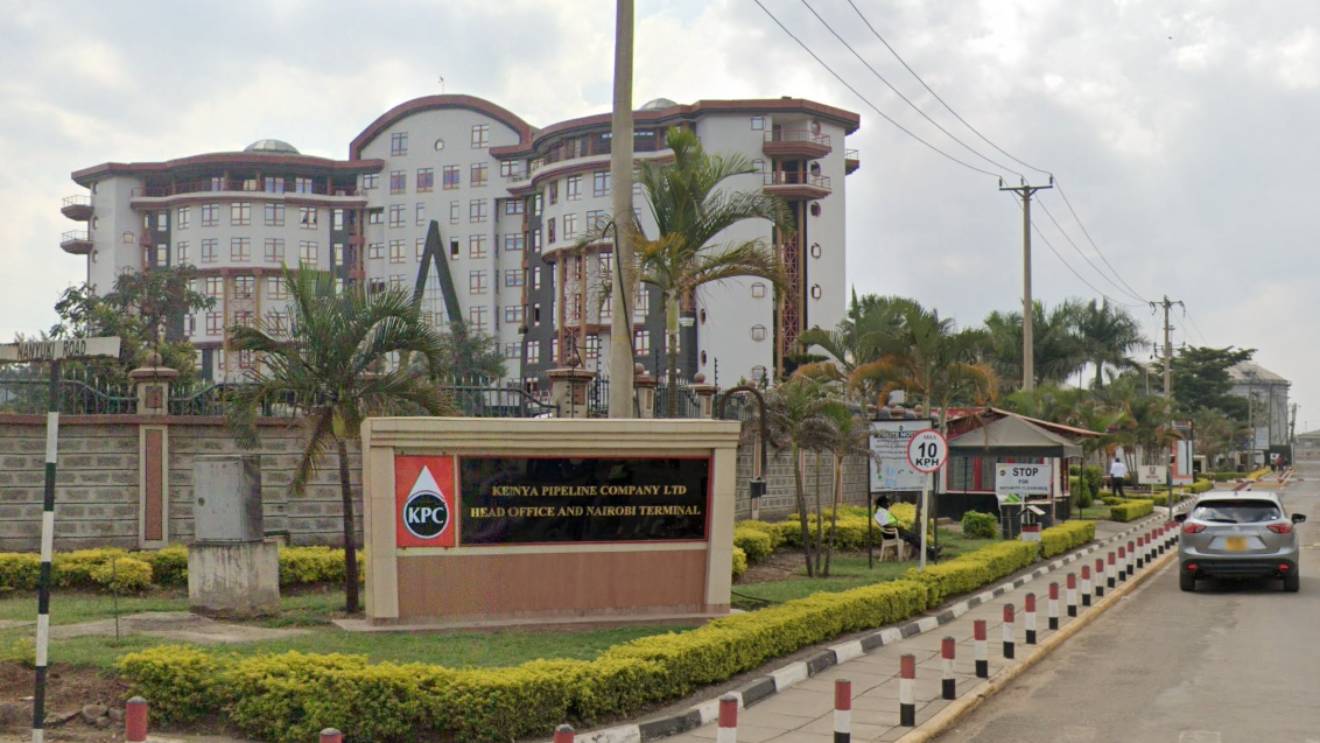The controversial Housing Fund faces a potential overhaul as Parliament considers a fresh proposal to eliminate a crucial clause that guarantees refunds to contributors who do not secure affordable homes within seven years.
The amendment, recommended by the National Assembly Finance and Planning Committee in the Finance Bill, 2023, aims to convert the fund into a non-refundable levy, sparking concerns about potential losses for workers.
Chairperson of the Finance and Planning Committee, Kuria Kimani, acknowledged the objections raised by shareholders and stated, "Cognizant of this and objections raised by the shareholders, the committee agreed to amend the proposal on Housing Fund by making it a levy as opposed to a contribution so that the funds can be appropriated directly to fund the housing initiative under the Bottom-Up Economic Transformation Agenda."
The amendment intends to allocate the collected funds directly to the housing initiative, rather than returning them to contributors.
Responding to stakeholders' submissions, the committee reduced the rate to a more manageable 1.5 per cent. However, concerns have been raised about the potential consequences of the proposed changes.
Read More
Tax expert Nikhil Hira expressed his apprehension, stating, "Now, they are saying the sound of it, that there will be no fund, so you are not going to earn any interest on it, you just give it to the government."
The Finance Bill initially promised contributors who missed out on affordable housing or preferred no houses the return of their funds, along with accrued interest, after seven years.
Housing and Urban Development Principal Secretary Charles Hinga expressed his need to review the committee's report, highlighting that the proposal was not part of the Executive's original plan.
However, it is worth noting that none of the existing levies in Kenya are refundable to taxpayers after collection, as they are designated for specific purposes.
These levies include the export levy, the railway development levy, the roads maintenance levy, and the anti-adulteration levy.
The housing contribution, previously capped at a maximum of Sh2,500 and matched by employers, will now be directly deposited into the government's bank accounts, rather than being channelled into a separate fund.
As Parliament deliberates on the proposed amendment, workers remain concerned about the potential loss of their hard-earned money.
The fate of the Housing Fund hangs in the balance, awaiting a decision that will shape the future of affordable housing for Kenyan citizens.












